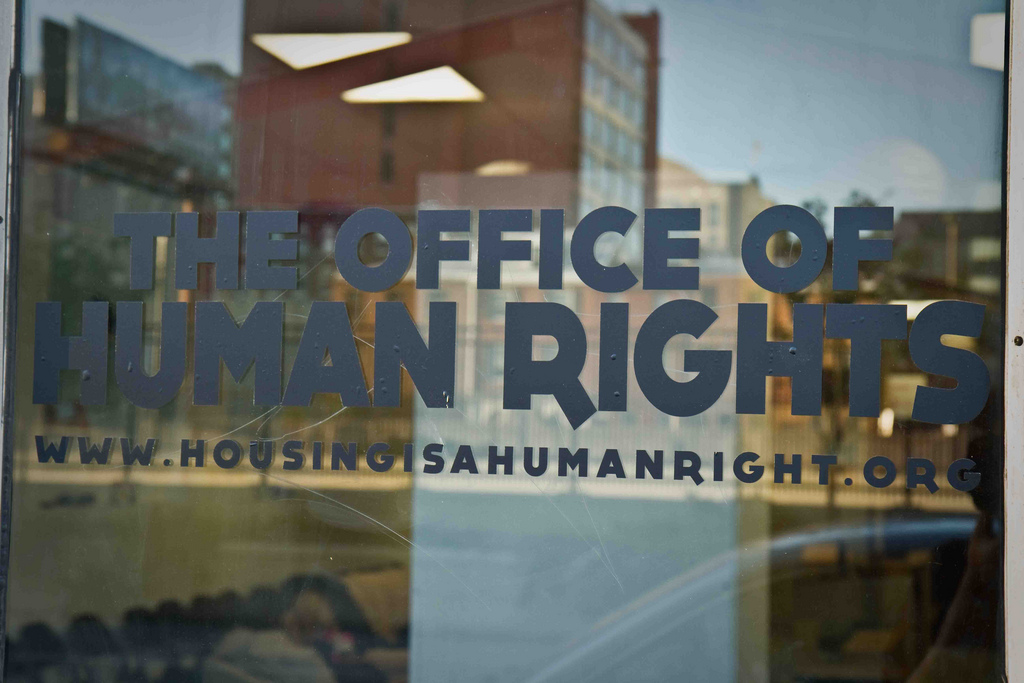The National Law Center on Homelessness and Poverty (NLCHP) held a forum on the human right to housing at the Microsoft Innovation and Policy Center June 24 and June 25. The Center sought receive feedback on a three-year national to house those without housing across the nation.
“Through conversations with a lot of people in the field, we realized it’s time for a national campaign to end criminalization of homelessness,” said Eric Tars, senior attorney for the National Law Center on Homelessness and Poverty.
Seattle University School of Law released a study in May 2015 analyzing the cost of criminalizing homelessness in Washington State. The study revealed that state tax payers could save two million dollars annually if the same money invested in enforcing bans on sitting, sleeping and standing in public spaces (2.6 million dollars in five years) were instead used for permanent housing solutions (for five years).
It is hard to ascertain a comprehensive, nationwide cost of criminalizing homelessness, because ordinances that criminalize behaviors necessary for survival outside are passed at the individual state and city levels.
A “housing not handcuffs” campaign was widely discussed at the NLCHP forum. Essentially, decriminalizing the homeless frees up resources to help them.
“Turn the resources that are wasted, and ill-used from criminalization into resources that can go towards permanently housing people,” Tars said.
Many groups were in attendance, including but not limited to, the sponsors; Covington & Burling LLP, Fish & Richardson P.C., and Sidley Austin LLP.
“We’re really hearing what they have to say,” said Diane Atens, Director of Development and Communications for the National Law Center.
“I do believe that the human rights framework is the right framework we should be using,” Tars said, “72 percent of Americans agree with the statement ‘housing is a human right.’”
The U.N. Universal Declaration of Human Rights was adopted by member states such as the U.S. in 1948, and identifies “adequate housing” as a universal human right.
Use of social media was highly encouraged to include those who could not be present for the discussion. InvisiblePeople.TV founder Mark Horvath was one of many presenters at the event for his use of social media to “democratize and empower those less fortunate.”
The official plan will be released in January 2016, including economic projections, policy recommendations and advocacy strategies to achieve them.




